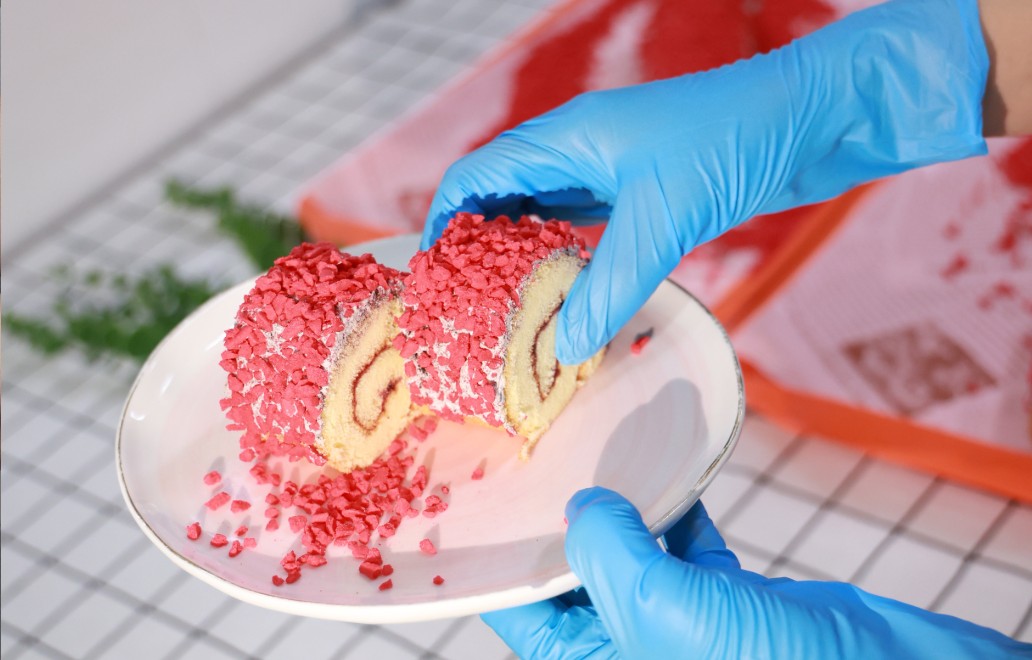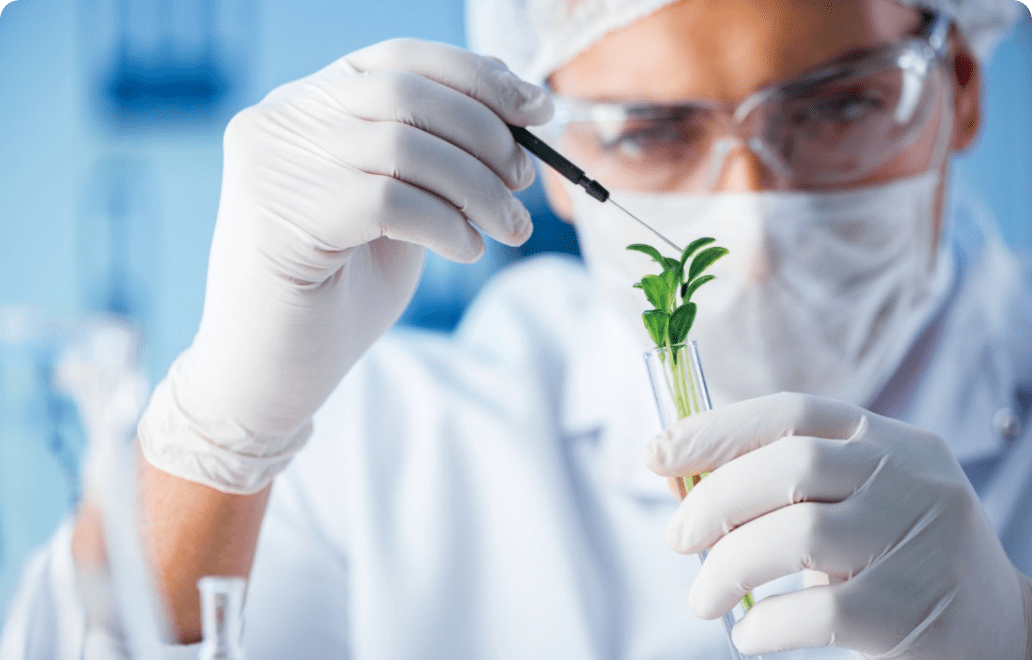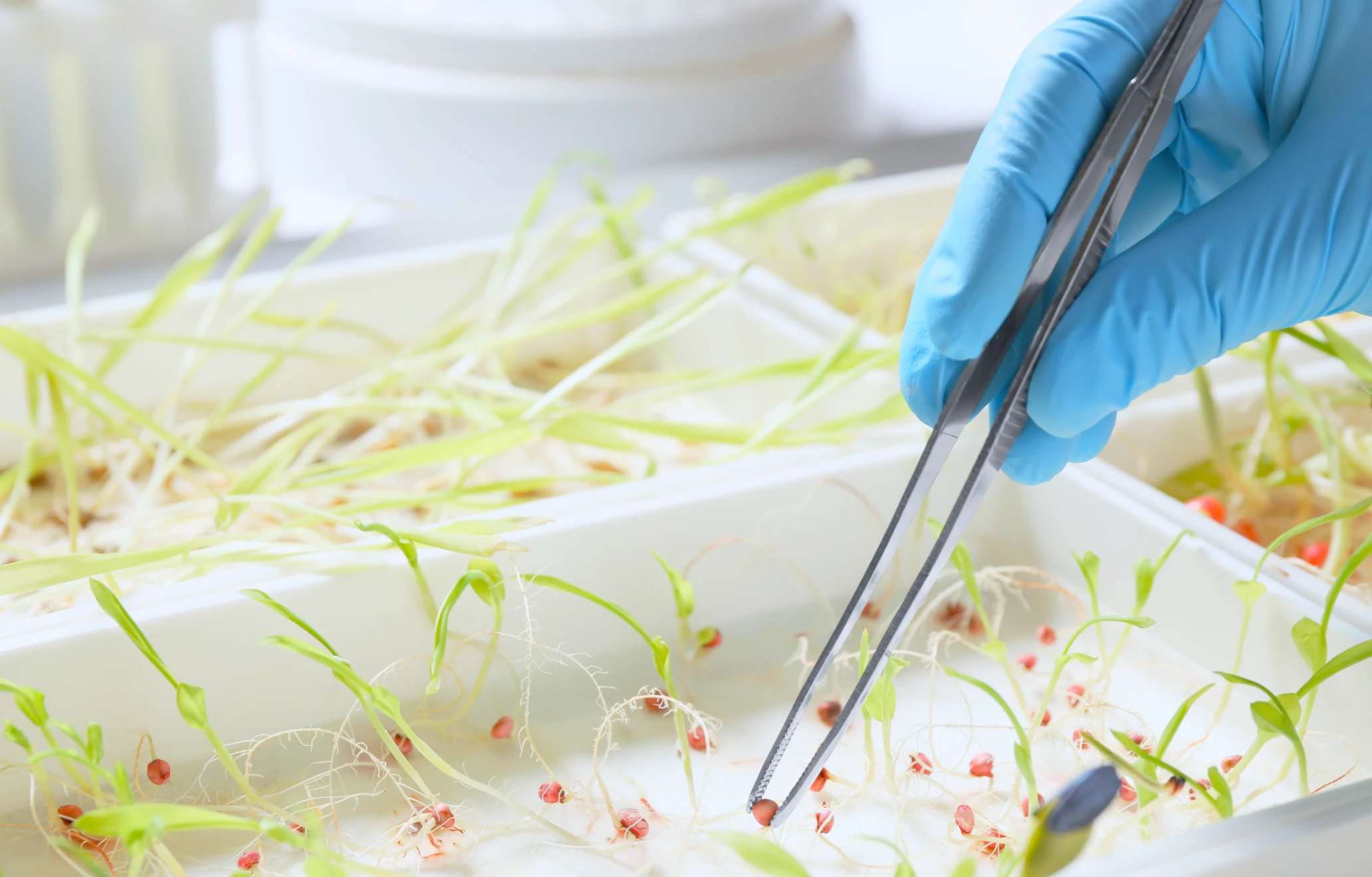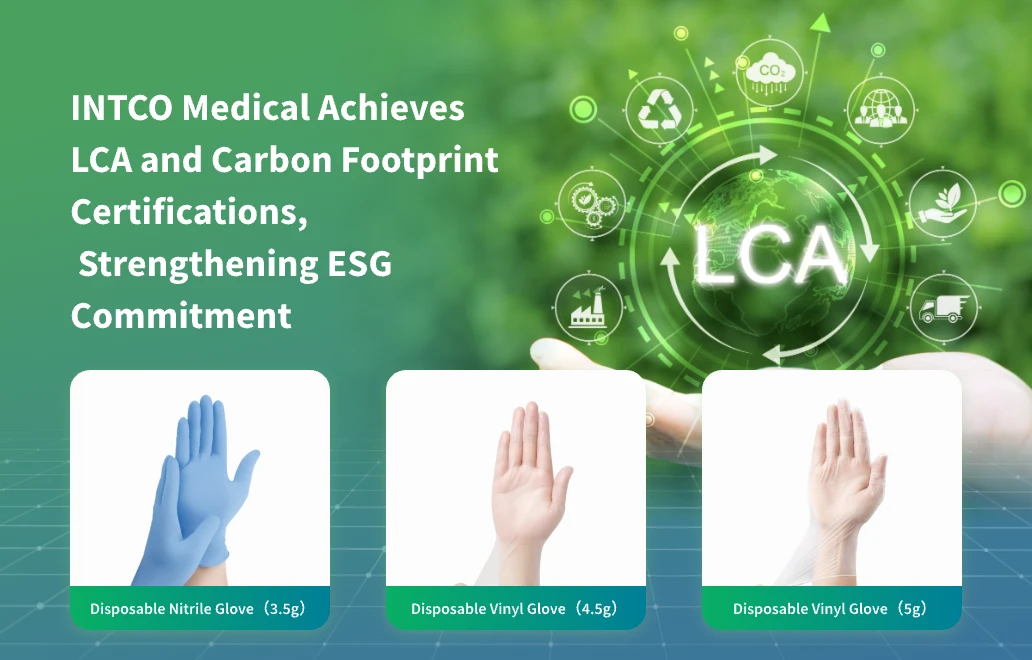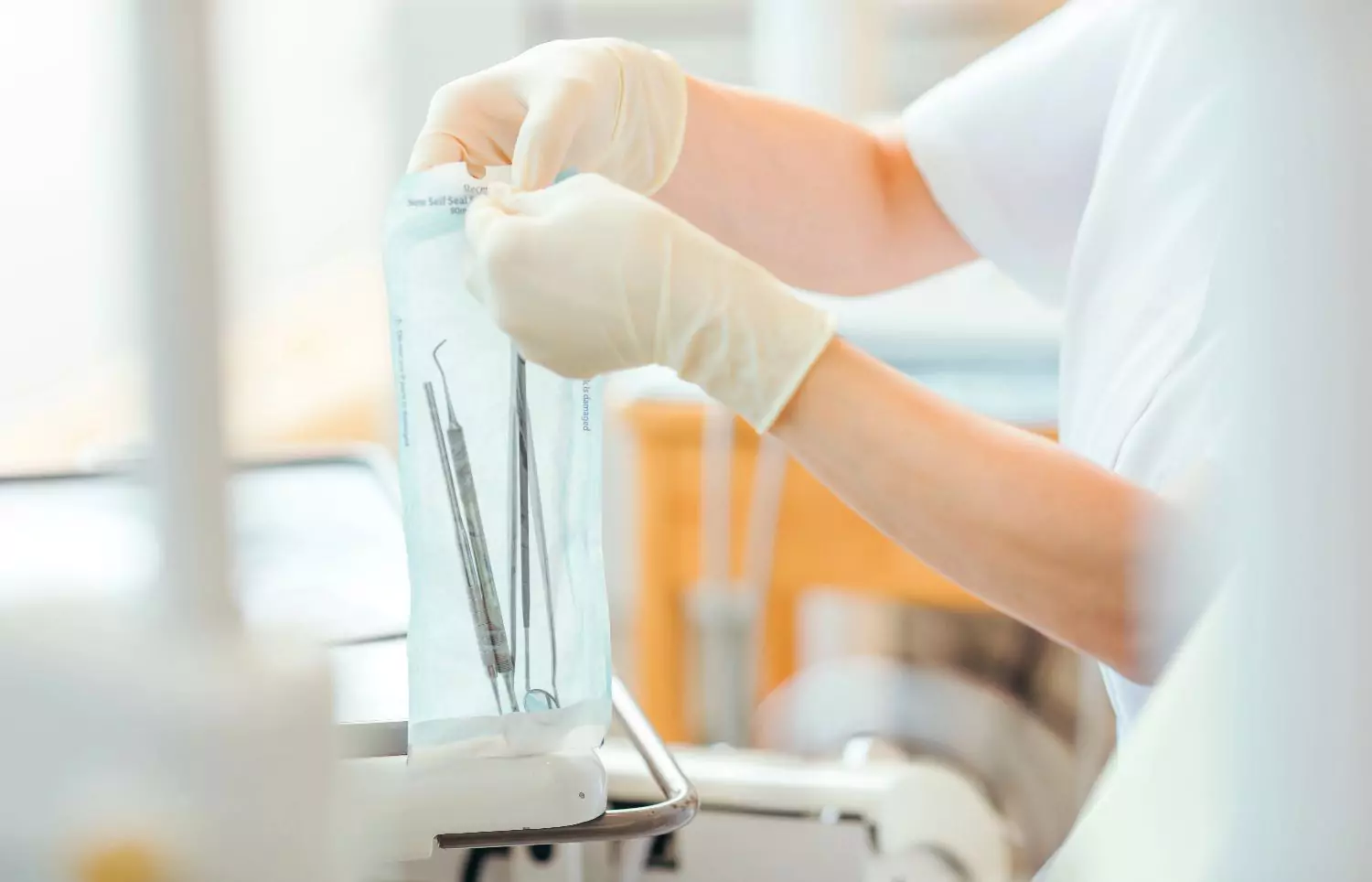Why Nitrile Gloves for Food Handling Are Essential for Safety and Compliance?
Food safety begins with barrier protection. In commercial kitchens, processing plants, and home food prep, nitrile gloves for food handling have become the critical first defence against cross-contamination. Unlike latex alternatives that risk allergen exposure, nitrile offers superior puncture resistance while eliminating protein transfer concerns that violate FDA compliance standards.

The Science Behind Food-Safe Hand Protection
Material Integrity Matters
FDA 21 CFR Part 177 mandates that food-contact gloves must:
• Prevent chemical migration into ingredients
• Maintain integrity at varying temperatures
• Resist degradation from oils and acids
Independent testing reveals that food-safe nitrile gloves outperform vinyl by 300% in grease resistance (Journal of Food Protection). Their micro-polymer structure creates an impermeable barrier even during extended tasks like deep-frying or meat processing – a key reason 78% of USDA-inspected facilities now standardise on nitrile.
Beyond Basic Protection: Specialised Features
Engineering for Culinary Challenges
Modern nitrile cooking gloves incorporate three critical innovations:
• Textured fingertips prevent slippage with wet ingredients
• Accelerated biodegradability (certified per ASTM D5511)
• Colour-coded systems enabling visual task differentiation
The rise of black gloves cooking exemplifies this evolution. Popularised by celebrity chefs, these dark variants hide stains during long prep sessions without compromising safety – a crucial advantage when handling pigmented ingredients like beets or turmeric.
Compliance and Sustainability Convergence
New FSMA regulations require traceable glove sourcing by 2024. Simultaneously, EPA data shows food service generates 4.3 million tons of glove waste annually (EPA Report). This dual pressure makes plant-based nitrile alternatives essential, with compostable options reducing landfill impact by up to 82% compared to traditional vinyl.
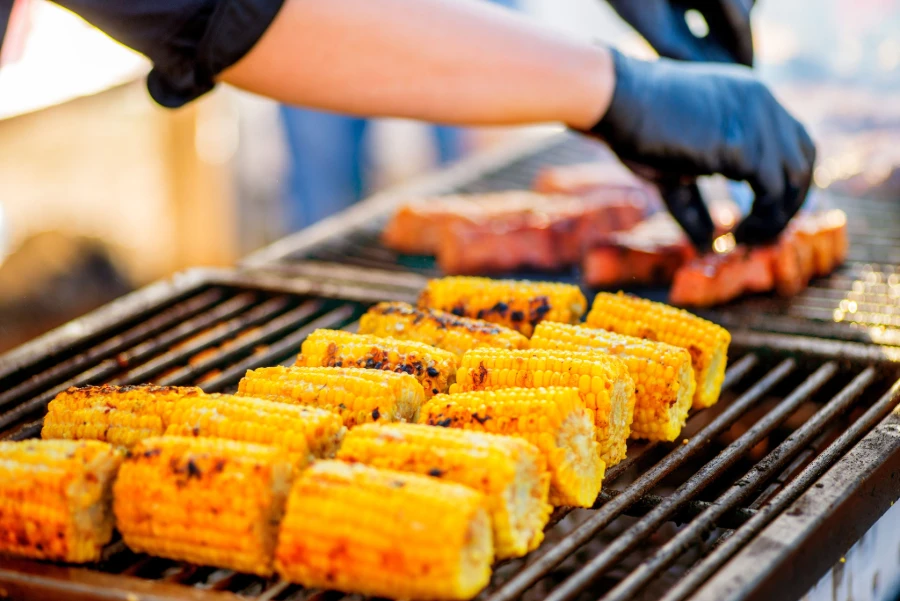
Industry Leadership: INTCO Medical’s Pioneering Solutions
As food safety standards evolve globally, INTCO Medical emerges as the technical leader. Certified as the largest latex-free disposable gloves manufacturer, the company addresses both compliance and sustainability through:
Cutting-Edge Food Protection Systems
INTCO’s NSF-certified nitrile gloves for food handling feature:
• TouchFlex Technology (5 mil thickness for butchery tasks)
• EcoBlend Formula (plant-based polymers for cold prep)
• SmartColor Coding (HACCP-compliant visual controls)
“Our food safe nitrile gloves integrate material science with ergonomic design,” states INTCO’s Chief Safety Officer. “The antimicrobial coating on our black gloves cooking line reduces bacterial transfer by 99.8% – a game-changer for sushi bars and salad stations.”
Elevating Food Safety Through Material Science
The evolution of nitrile gloves for food handling represents more than regulatory compliance—it signifies a fundamental shift in how the food industry manages risk. From preventing cross-contamination in farm-to-table operations to reducing environmental impact through advanced polymers, these essential tools bridge safety and sustainability.
Industry leaders like INTCO Medical—the largest latex-free disposable gloves manufacturer—demonstrate how these elements converge. As FSMA regulations expand globally, the continuous innovation in food safe nitrile gloves remains critical for protecting both public health and planetary wellbeing.









